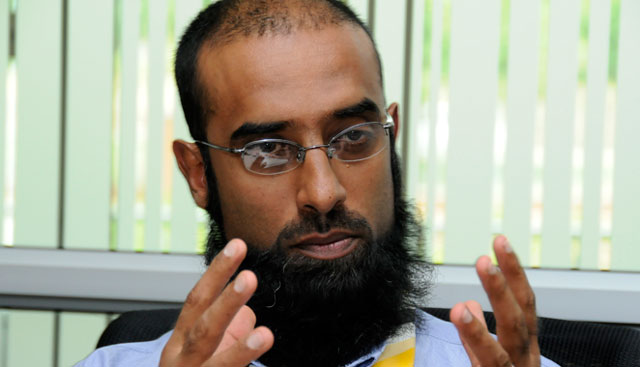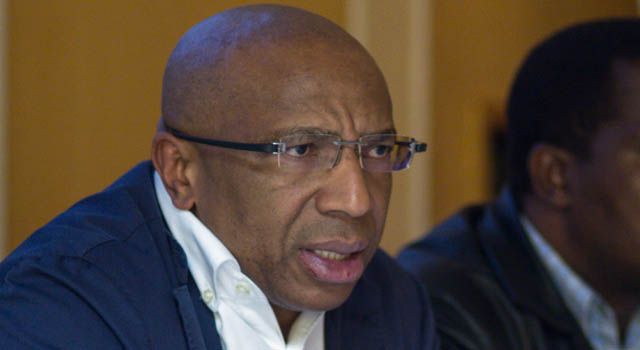
Telkom CEO Sipho Maseko “omitted facts” in his open letter at the weekend to his counterparts at MTN and Vodacom and his comments were “a bit rich”.
That’s the word from MTN South Africa CEO Zunaid Bulbulia, who told TechCentral on Wednesday in an interview that what facts were contained in Maseko’s letter, which was published in full-page newspaper advertisements on Sunday, “tended to get lost in the emotion of what he put forward”.
In the letter, the Telkom boss blasted Bulbulia and Vodacom CEO Shameel Joosub, accusing them of “standing in the way of South Africa’s future” by taking communications regulator Icasa to court over mobile termination rates.
“Today, we stand at a crossroads — you can hide behind regulations to protect profits, or we can all continue to expand access and lower costs,” Maseko wrote. “We have been following your public statements very closely, and believe your recent actions fall short of what we can do to move the country forward.”
Both MTN and Vodacom are challenging Icasa’s new inter-network call fees, saying the authority failed to follow the proper processes and procedures in determining them. Icasa is pushing down the fees, and introducing “asymmetry” that favours Telkom Mobile and Cell C, in the hopes of fostering more competition in the market and ultimately driving down retail prices.
MTN and Vodacom have asked the high court in Johannesburg for an interim order suspending implementation of the rates and asking for a full review of the regulations.
In his open letter, Maseko said that MTN and Vodacom enjoyed asymmetry that favoured them and disadvantaged Telkom for many years.
“The extent of the Telkom subsidy to MTN and Vodacom has amounted to over R50bn, which results from the disparity between the high cost of mobile termination rates that we pay you and the low rate that you pay for the same service on our fixed-line network. You claim you will be supporting smaller players, but in reality Telkom has subsidised your business for over two decades,” he wrote.
But Bulbulia has hit back, saying agreements between Telkom and the two mobile operators were agreed to mutually at the time. “It’s not like MTN or Vodacom bullied anyone into anything,” he told TechCentral. “In fact, those agreements had regulatory oversight, so they were all solemnised, if that’s the right word. We think it’s a bit rich to say you’ve had all this at our expense.”

Bulbulia added that there was a “strong and well established principle that asymmetry between fixed and mobile is justifiable” and was “absolutely in line with worldwide best practice”. He accused Maseko of “missing the point entirely” on the issue of fixed-mobile asymmetry.
He also said Telkom enjoyed a monopoly on transmission infrastructure for a long time after MTN and Vodacom were licensed. “They have been charging us exorbitant rates for years. That forced us to go and self-provide [infrastructure]. It’s only now that we are self-providing that they say can we come and talk about longer term [co-operation].”
A “more equitable presentation of the facts” was necessary to “understand the full context”, he added. “But he [Maseko] is right when he says we need to keep the full picture in mind. There needs to be common sense. Icasa needs to have a proper cost-based process to arrive at an outcome that is beneficial to all the operators. We have seen no evidence of this.”
MTN was “more than happy to engage constructively and negotiate” with Icasa. “If that’s the position they put forward, MTN will be the first in the queue,” he concluded. — (c) 2014 NewsCentral Media




